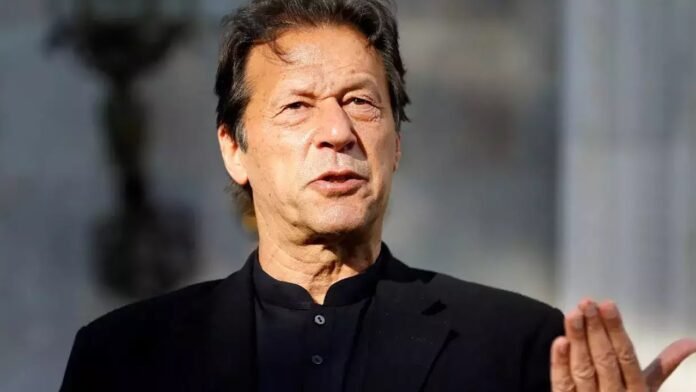Imran Khan, who created Pakistan Tehreek-e-Insaf (PTI). Did not accept General Secretary Umar Ayub’s resignation and called him for a meeting instead.
According to sources, Imran Khan told Umar Ayub to remain as General Secretary. Reiterating that his role within the party is essential. This decision shows that Khan believes in Ayub’s competence and contribution to PTI. Furthermore, he ratified core committee and parliamentary committee resolutions. Which means those decisions made collectively within the party have his backing, too.
Imran Khan has recognized Shibli Faraz and Umer Ayub’s work during difficult times, calling them heroes of 8th February. By doing this, he has shown how much their input mattered. And how instrumental they were in guiding the organization through difficult situations.
On Thursday this week, Imran Khan and Umer Ayub will meet at Adiala Jail to continue their discussions. During this session, they may try to find out what led to his resignation, among other things, aimed at uniting and strengthening PTI and resolving any internal conflicts.
Besides internal matters, Khan has approved another committee to talk with JUI-F. This move indicates that he is ready for dialogue with other political entities so that they can agree on specific issues of common interest. Establishing such committees represents strategic thinking by PTI towards political challenges to enhance cooperation among various parties.
Khan’s handling of things involves being firm but collaborative, bringing out his true leadership style. He wants stability maintained in PTI by refusing Ayub’s resignation while endorsing critical committees whose main objective is to keep the party functioning normally. Additionally, the recognition accorded to Umer and Faraz further solidified their positions while elevating morale among party members.
This action also communicates loyalty and hard work as core values within PTI, in addition to the proactive approach of its top brass toward dealing with internal conflicts. At every stage of Pakistan’s political landscape, PTI must decide to shape things better and keep itself going.
All in all, Imran Khan’s refusal to allow Umar Ayub to quit, plus his urging for meeting and supporting key committees, not only shows strategic leadership but also demonstrates commitment to strengthening PTI internally while handling external political challenges.


